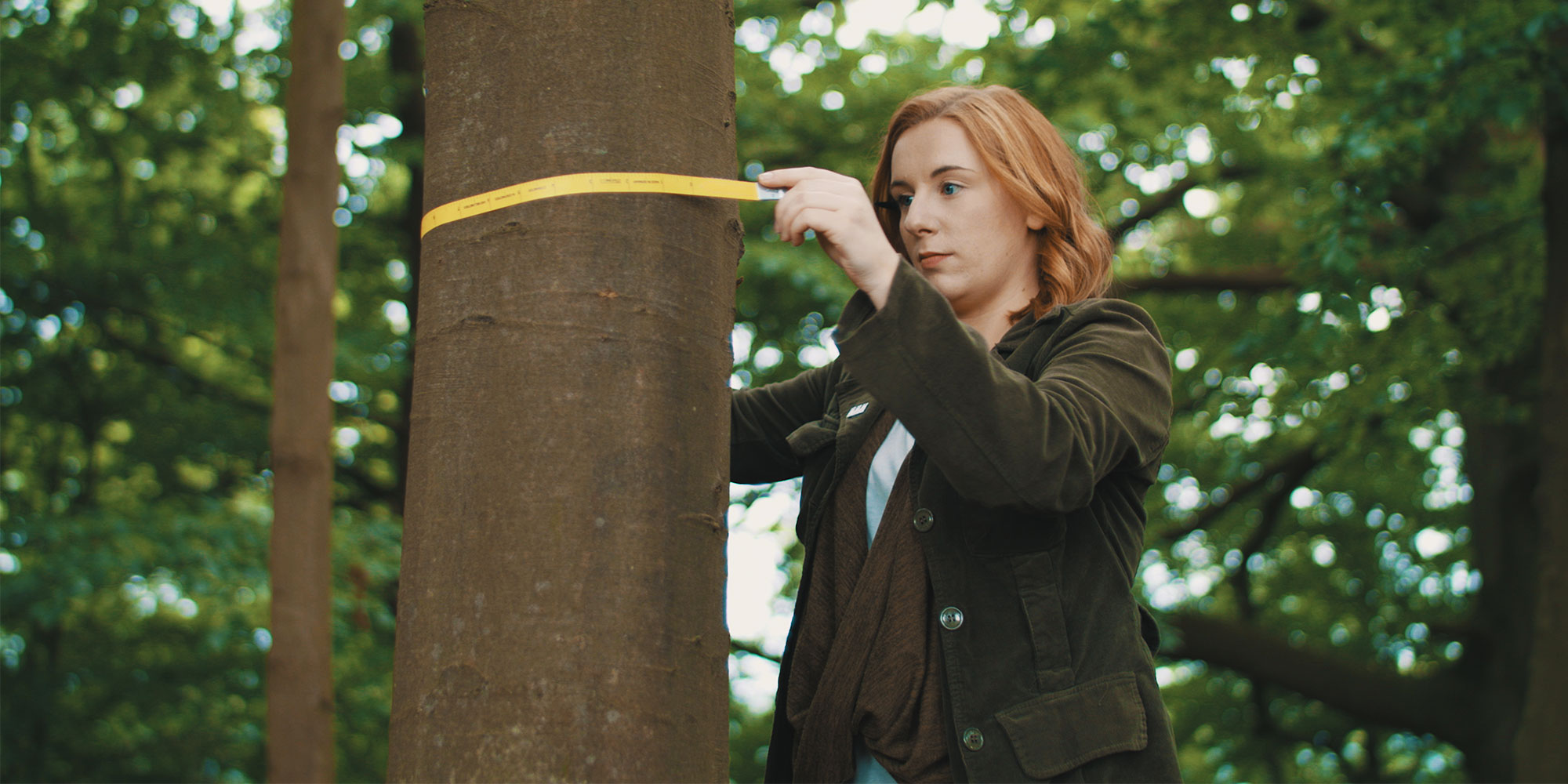You'll experience field courses in a diverse range of subjects, from geographical sciences and natural sciences to civil engineering.
Field courses enrich your student experience by taking you off-campus, arranging you into groups with different classmates, and getting you to perform tasks that draw on a range of skills.
Doing this will help you develop a variety of skills, such as teamwork, problem-solving, analysing data, presenting, and applying your knowledge to 'real world' problems.
Examples of field work include:
Geography, Environmental Science and Biology have field trips to south-east Spain, which involve developing taxonomic skills, quantitative methods, observation, monitoring and field sampling.
Geography and Environmental Science have a further field course in the English Lake District. This involves looking at geological and geographical processes and analysing the ecological health of water from pollution.
Forensic Science field work includes forensic geoscience and crime-scene analysis to put your learning into practice.
Civil Engineering field work includes carrying out land surveys, taking levels with dumpy level / auto level or working with total station.
Engineering also has "Constructionarium" – a residential field trip for engineers in which you get 'hands-on' construction experience. You'll build scaled versions of bridges and buildings and carry out civil engineering projects in a practical and safe environment.
Improve your grades
There are many benefits to be gained from attending a residential field course. These trips are proven to boost motivation and to improve grades for those who do attend compared to those who don't.
You also benefit from the travelling – from experiencing new cultures, living alongside new people, extended periods of group-work, and being immersed in a learning community.
"I find it really exciting being taught by someone who has just come back from a farming community in Malawi or presenting at an international conference and giving us the latest knowledge on how our subject is being applied in the world. It is hands-on from the start, with regular field trips, laboratory work and data analysis."
Katie James, BSc Environmental Science Student



